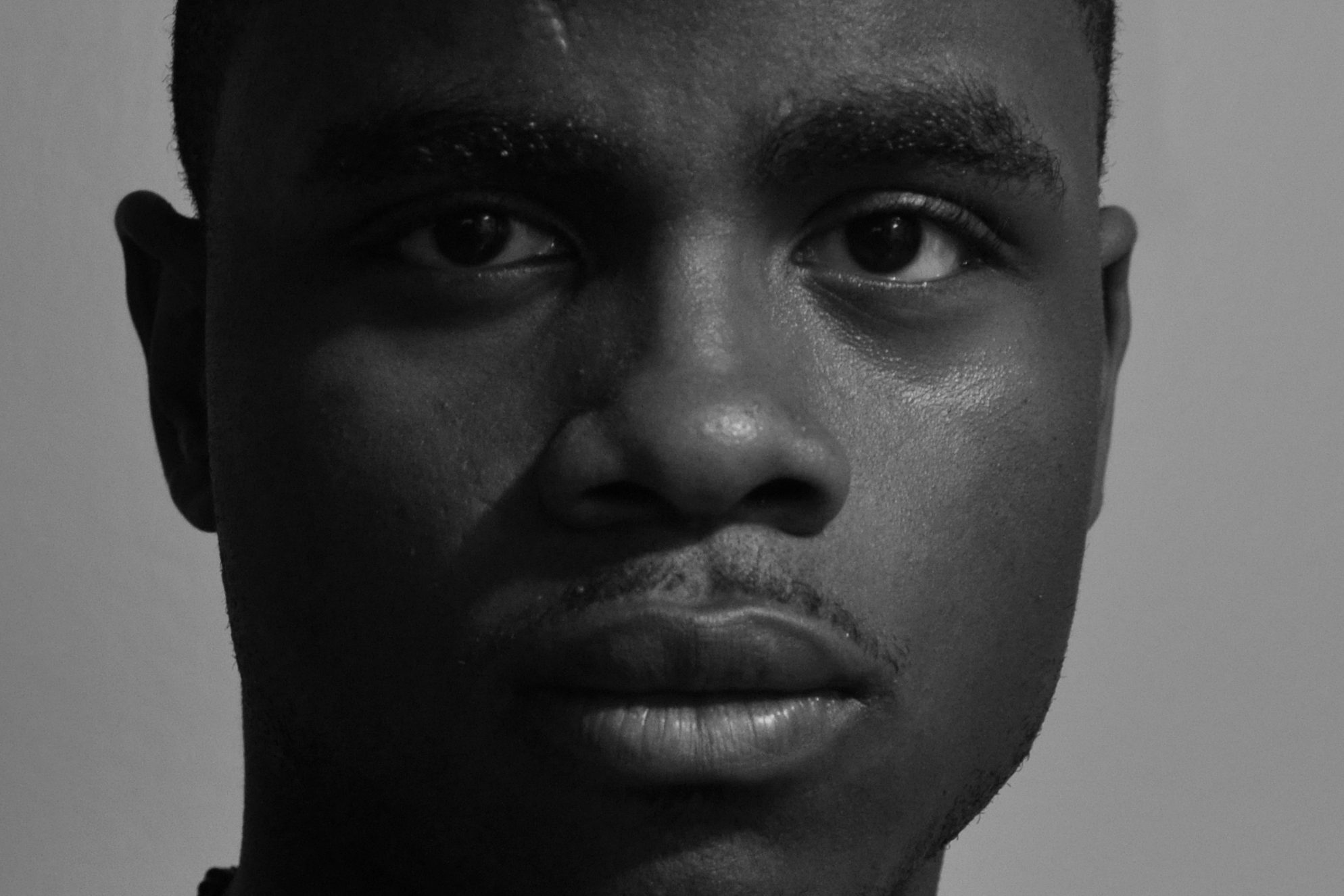The Flint Festival of Writers is excited to partner with PEN America in 2019 to host a free workshop led by 2019 PEN/Osterweil Award for Poetry Honoree Jonah Mixon-Webster.
Mixon-Webster is the author of Stereo(TYPE), which explores the intersection of space and body, race and region, and sexuality and class and wrestles with the ongoing crisis in Flint. His workshop, “Art Activism and Ecopoetics,” will encourage participants to see themselves as art activists with voices capable of dismantling dominant narratives.
We asked Mixon-Webster a few questions about the workshop and his own background. Check out his answers below, and mark your calendar for his workshop at 11 a.m. on Sept. 14 at the Ferris Wheel, 615 Saginaw St. It is open to the public.
What are ecopoetics?
Ecopoetry, or Ecopoetics, is a literary tradition specifically interested in the engagement with and intervention in the relationships between nature, art-making and human interaction. While this tradition and its term has gained more traction in our contemporary period (with notable poets: Camille Dungy, Tyrone Williams, and Brenda IIjima), its roots go far back.
Can you share a bit of your own background? How did you get interested in ecopoetics?
I was first introduced to the tradition of ecopoetics while studying creative writing at Eastern Michigan University. Being introduced to poets who were concerned with the ecological condition of the earth provided me with approaches to producing works of a similar nature. Considering the environmental tragedy in Flint, in addition to some of the inexplicable events that occurred during the Water Crisis, I wrote a piece of hybrid writing using poetry, narration and conceptual art to give others a sense of what it feels like to live under such conditions. The piece, “Based on Actual Events,” was then circulated in the anthologies Best American Experimental Writing, Zombie Variations Symposium, and the PEN America Poetry Series.
What do you hope those who attend this workshop will take away from it?
I hope that participants will be inspired to use their voices to craft works that can honestly represent the environment of their everyday lives. Too often, repressive regimes constrict our bodies and imaginations through power and neglect. I really want those in attendance at this workshop to feel empowered themselves to create against the forces that be.
